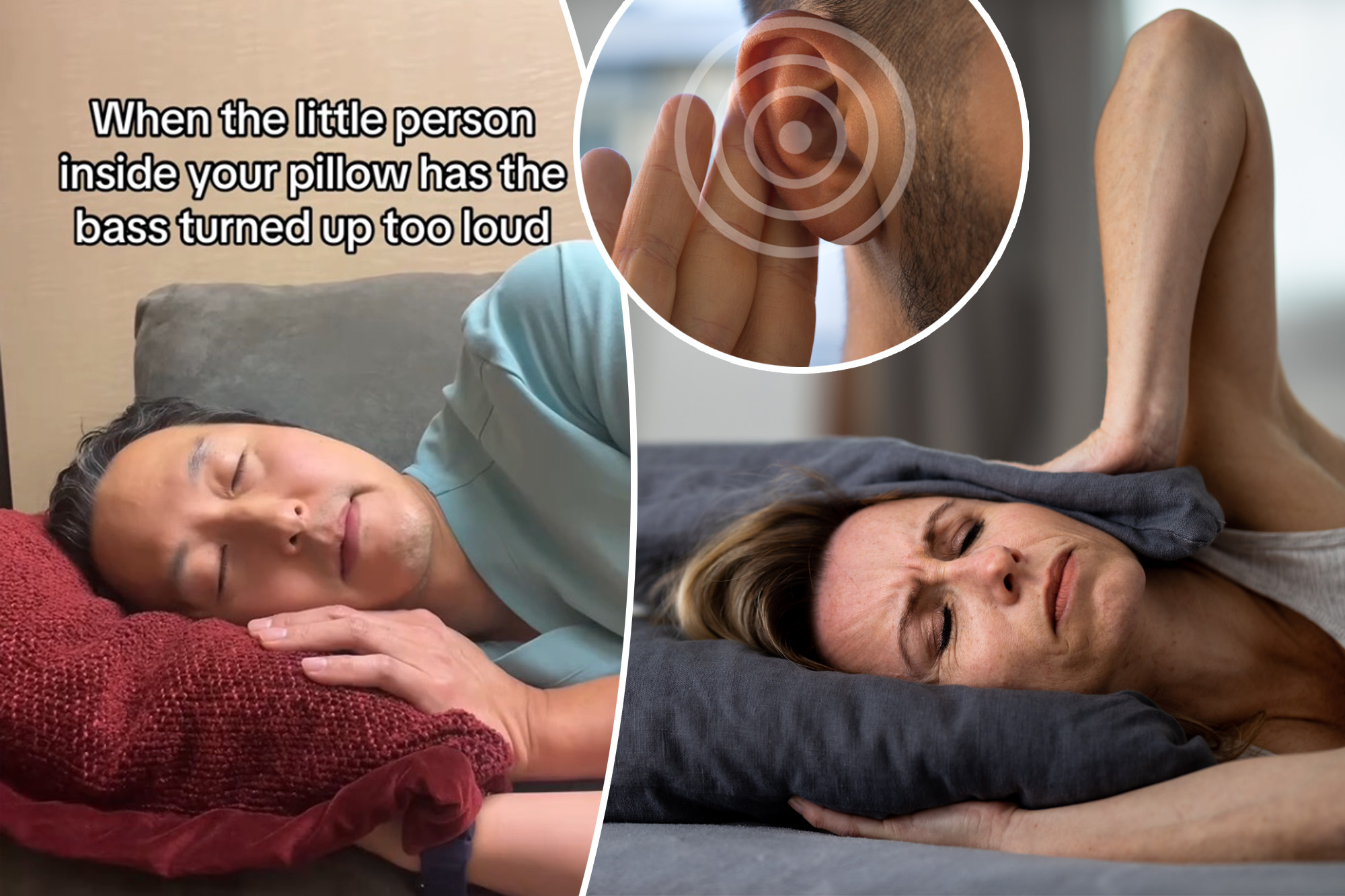Why You Hear Your Heartbeat When Lying Down and When to Be Concerned

We’ve all been there—lying in bed, lights out, everything is still. And then you hear it, a rhythmic thump that seems to come from deep within. Is that your heartbeat echoing in the silence? If you’ve ever wondered why this happens, you’re not alone. This sensation can be quite common and is usually harmless. But like any curious mind, you’re probably asking yourself, when should it become a concern?
I remember the first time I noticed this phenomenon. It was a calm night, and I had just settled into bed after a long day. As I lay there, I started to hear a faint yet distinct beating sound. At first, I found it oddly soothing. But then curiosity took over, and I began researching what could possibly cause this nighttime symphony. Now, I’m here to share what I’ve learned with you.
Key Takeaways
- Hearing your heartbeat while lying down is often normal and due to body positioning.
- Pulsatile tinnitus is a more persistent condition that may require medical attention.
- If the sound is frequent or bothersome, consult with a healthcare provider.
The Science Behind Hearing Your Heartbeat
When you lie down, especially on your side, you might notice the sound of your heartbeat more prominently. This can be attributed to your carotid artery pressing against your pillow or being closer to your ear canal. In the silence of night, this rhythmic sound becomes more noticeable. Dr. Anthony Youn, a board-certified plastic surgeon, explains that this occurrence is common and typically benign.

However, if you’re consistently hearing this sound regardless of position—such as when standing or sitting—it could be indicative of something called pulsatile tinnitus. This condition affects millions of people and involves hearing a noise that matches the rhythm of your pulse. Think of it like having an internal metronome ticking away in one or both ears.
What Is Pulsatile Tinnitus?
Pulsatile tinnitus results from disruptions in blood flow near the ears or brain. It presents as a rhythmic noise that syncs with your heartbeat and might sound like whooshing or humming. Some describe it as akin to household appliances—a washing machine on spin or a vacuum cleaner in action. While mostly benign, it’s important to identify the cause through medical examination if persistent.

Potential Causes and Diagnosis
Pulsatile tinnitus can arise from several conditions: high blood pressure, blockages in veins or arteries, abnormal connections between these vessels, or even benign tumors in the head or neck area. Other causes include increased intracranial pressure or conditions like anemia and pregnancy that increase cardiac workload. To diagnose it properly, doctors might conduct ear examinations, hearing tests, and imaging scans to assess blood vessel health.
Treatment Options
Treatment for pulsatile tinnitus varies based on its root cause. The good news is that most patients discover the reason behind their symptoms after medical evaluation. Treatments might include medication for high blood pressure or surgery for blockages or tumors if necessary. However, often reassurance and lifestyle modifications are enough since many cases are harmless.

When Should You See a Doctor?
If you find yourself frequently aware of your heartbeat in various positions or if it’s becoming bothersome over time, it’s wise to seek medical advice. Dr. David M. Vernick suggests consulting with an otolaryngologist—an ear specialist—if symptoms persist beyond a few weeks or interfere with daily life. While it’s often nothing serious, having peace of mind is invaluable.
Final Thoughts
Hearing your heartbeat while lying down can be an intriguing phenomenon that’s usually benign but sometimes indicative of underlying issues like pulsatile tinnitus. Understanding when it’s normal versus when it warrants medical attention can help you maintain peace of mind. Always trust your instincts; if something feels off or disturbing, reaching out to a healthcare professional is never a bad idea.
